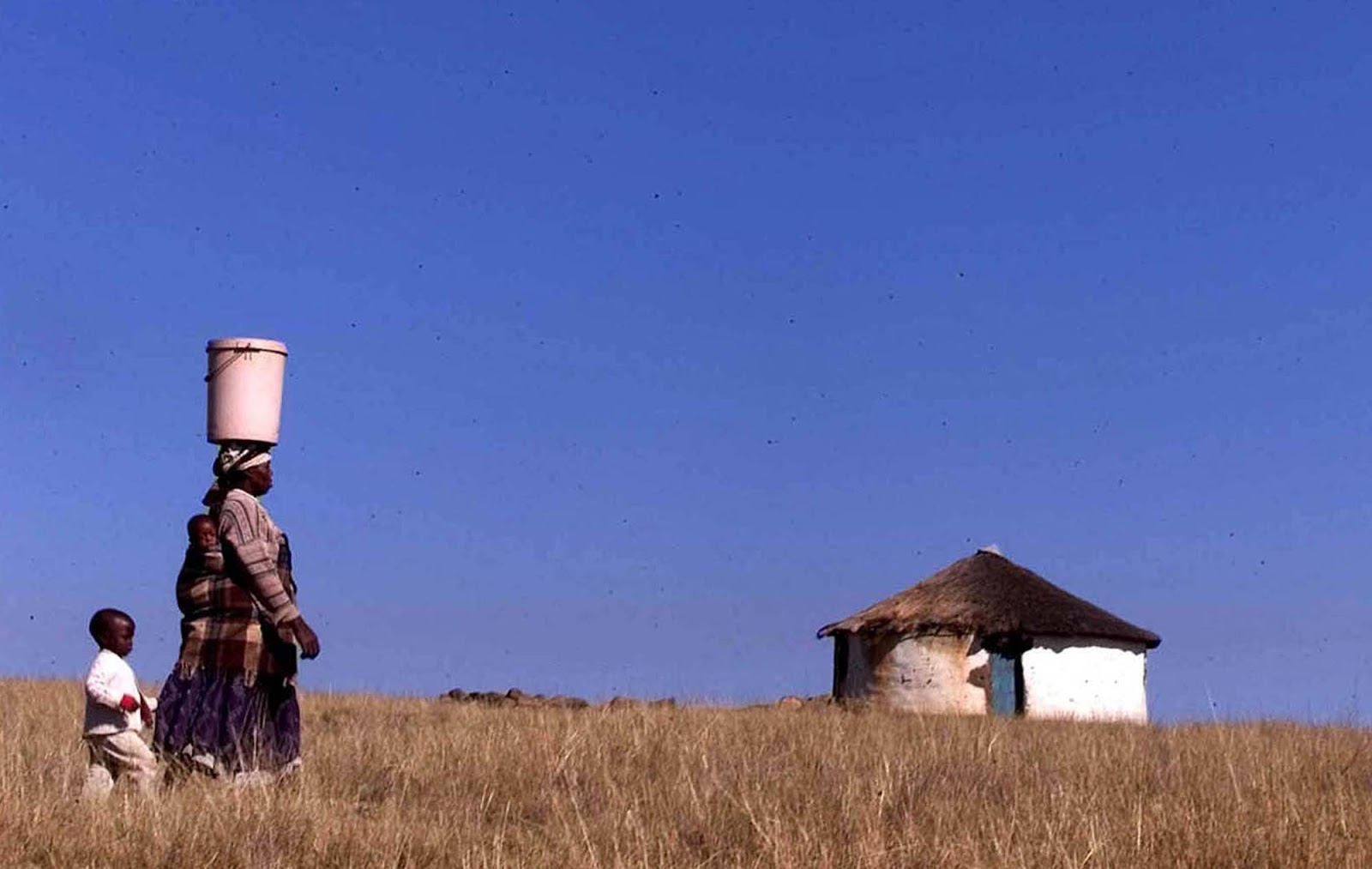For more than two decades, equity has been a central concern for international and national climate policy. Climate change poses the greatest threat to those that are the least responsible – generally people that are already vulnerable to deep-rooted challenges such as poverty. Conversely, those who have contributed the most to climate change have a much better capacity to protect themselves from its impacts. As the effects of climate change mount, so do the urgency of addressing this equity challenge. Justice is generally understood to mean that which is right, fair, and appropriate or deserved, with justice being achieved when an unjust act is redressed. Within the context of climate change, this means that the poorest countries and people should be supported by those who have contributed most to climate change. There are several vulnerable groups where women are the most from all the indicators. Their health, livelihood, and dignity are closely interconnected with nature. In this article, we are going to address those issues perusing global climate justice for women especially women living in the global south.
In many of these contexts, women are more vulnerable to the effects of climate change than men—primarily as they constitute the majority of the world’s poor and are more dependent for their livelihood on natural resources that are threatened by climate change. Furthermore, they face social, economic, and political barriers that limit their coping capacity. Women and men in rural areas in developing countries are especially vulnerable when they are highly dependent on local natural resources for their livelihood. Those charged with the responsibility to secure water, food, and fuel for cooking and heating face the greatest challenges. Secondly, when coupled with unequal access to resources and to decision-making processes, limited mobility places women in rural areas in a position where they are disproportionately affected by climate change. It is thus important to identify gender-sensitive strategies to respond to the environmental and humanitarian crises caused by climate change.
All over the developing world, women and girls bear the burden of fetching water for their families and spend significant amounts of time daily hauling water from distant sources. The water from distant sources is rarely enough to meet the needs of the household and is often contaminated, such that women and girls also pay the heaviest price for poor sanitation. To give an example, in cases where the arsenic contamination of groundwater is prominent, increased flood levels intensify the rate of exposure among rural people and other socio-economically disadvantaged groups. The resulting health problems include lesions, the hardening of the skin, dark spots on hands and feet, swollen limbs, and the loss of feeling. Arsenic exposure also manifests itself in the form of skin lesions that usually have negative social repercussions for arsenic-poisoning (arsenicosis) victims—the situation is particularly worse for women who can be shunned, excluded, and stigmatized, based on physical appearance— this also impacts the ability of single women to get married, and in many cases, unmarried women are more vulnerable to poverty and social exclusion.
Read more: Effects of Climate Change in Bangladesh
Now, let’s constitute climate justice to women. According to UNFCCC, there are several reasons to address climate justice to women.
Addressing climate justice to women includes all the population of the world
51% of humanity is comprised of women and girls. To meet the most ambitious 1.5C target of the Paris Climate Change Agreement and to limit warming to well below 2C, it is critical that the needs, perspectives, and ideas of women, as well as of men, are included in climate action so as to create just, effective, and sustainable solutions.
Empowering women means more effective climate solutions
Women comprise approximately 43 percent of the agricultural labor force in developing countries. When provided with the same access to resources as men, women can increase their agricultural yields by 20 to 30 percent, not only stepping up total agricultural output in these countries by 2.5 to 4 percent but also contributing to world hunger-reduction by 12 or 17 percent, according to the UN. This can positively impact climate adaptation in two ways – appropriate technology or resources contributes to more sustainable farming and conservation, and a reduction in poverty enables individuals to better adapt to changes in climate.
Women are vital to building climate resilience in communities
Communities do better in resilience and capacity-building strategies when women are also involved in planning. According to the UN, women tend to share information about community wellbeing that is important for resilience and more willing to adapt to environmental changes since their family lives are impacted.
Climate change impacts everyone, but not equally
It is well established that climate change has a greater impact on those sections of the population that are most vulnerable, whether in developed or developing countries, and exacerbates existing inequalities. Women commonly face higher risks and greater burdens from the impacts of climate change in situations of poverty and due to existing roles, responsibilities, and cultural norms. Targeted investments in gender equality and women’s empowerment yield return in environmental conservation, poverty alleviation, social policy, and achievement of the Sustainable Development Goals (SDGs). By tackling climate change with a gender lens, women’s rights are also addressed, tackling rather than exacerbating existing gender inequalities.
Read more: Climate Change and Gender
United Nations climate change negotiations, void of gender-related texts and discussions until 2008, have more recently reflected an increased understanding of the links between gender equality and responding to climate change. In particular, investing in participatory, multi-stakeholder and multi-sectoral Climate Change Gender Action Plans can help countries to develop comprehensive action that integrates gender concerns and builds on women’s unique knowledge and perspectives. It is important to ensure equal space and resources for women and men to participate in climate change decision-making and action at all levels.
Sharif Mustajib Founder, Seed Bank (a climate campaign)
